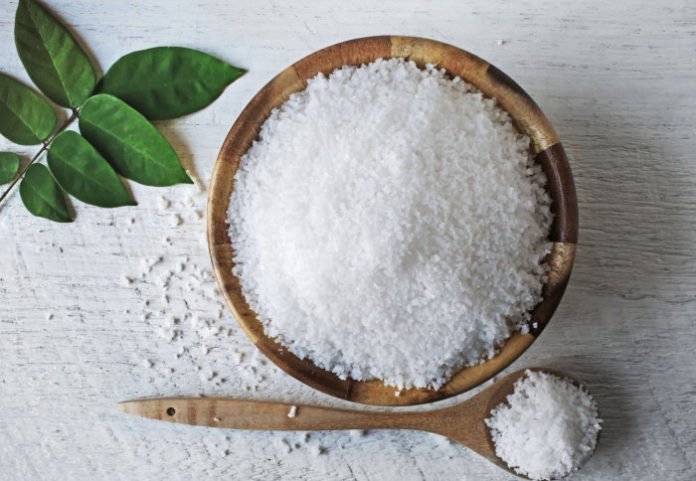A new study conducted on almost 4,000 people by the Imperial College London along with Northwestern University, a healthy diet may not offset the effects of a high salt intake on blood pressure.
It suggests that eating a higher amount of salt had a higher blood pressure – no matter how healthy a person’s overall diet. Now, scientists prescribing people to monitor their salt intake – and for food manufacturers to lower the salt content in their products.
An estimate suggests that more than one in four adults are affected by high blood pressure in the UK. It’s thought to have a number of causes, including age, weight and eating too much salt.
Previously, experts believed that eating high amounts of fruit and vegetables might help counteract the effect of high salt on blood pressure. But the latest study found that these foods do tend to lower blood pressure. They do not counteract the adverse influence of salt intake.
Scientists analyzed the data from the so-called INTERMAP study that was conducted between 1997-1999. They then assessed concentrations of sodium and potassium in the urine samples. Sodium is the main component of salt, while potassium, which is found in green leafy vegetables, has been linked to lower blood pressure.
The group additionally utilized dietary information to evaluate the volunteers’ admission of more than 80 supplements that might be connected to low circulatory strain, including vitamin C, fiber, and omega-3 unsaturated fats. A large number of these supplements are found in a natural product, vegetables, and entire grains.
The specialists found a connection between’s hypertension and higher salt admission, even in individuals who were eating a high measure of potassium and different supplements. The scientists evaluated salt admission by breaking down sodium in the urine and additionally investigating dietary information.
The recommended upper limit of adult salt intake in the UK is 6g a day – around one teaspoon.
The study found that average salt intake across the study was 10.7g a day. The average intake for the UK was 8.5g, while the intake for the USA, China, and Japan was 9.6g, 13.4g, and 11.7g respectively.
Salt intake above this average amount was linked to an increased in blood pressure.
Scientists measured the blood pressure Blood pressure is measured in two numbers – the first, called systolic pressure and the second number, called diastolic pressure.
The first number measures the force the heart pumps blood around the body whereas the second number is the resistance to blood flow in the arteries.
Dr. Queenie Chan, a joint lead author of the research from the School of Public Health at Imperial, said the research shows the importance of cutting salt intake.
“We currently have a global epidemic of high salt intake – and high blood pressure. This research shows there are no cheats when it comes to reducing blood pressure. Having a low salt diet is key – even if your diet is otherwise healthy and balanced.”
“As a large amount of the salt in our diet comes from processed food, we are urging food manufacturers to take steps to reduce salt in their products.”
The results of the study are published in the journal Hypertension.
